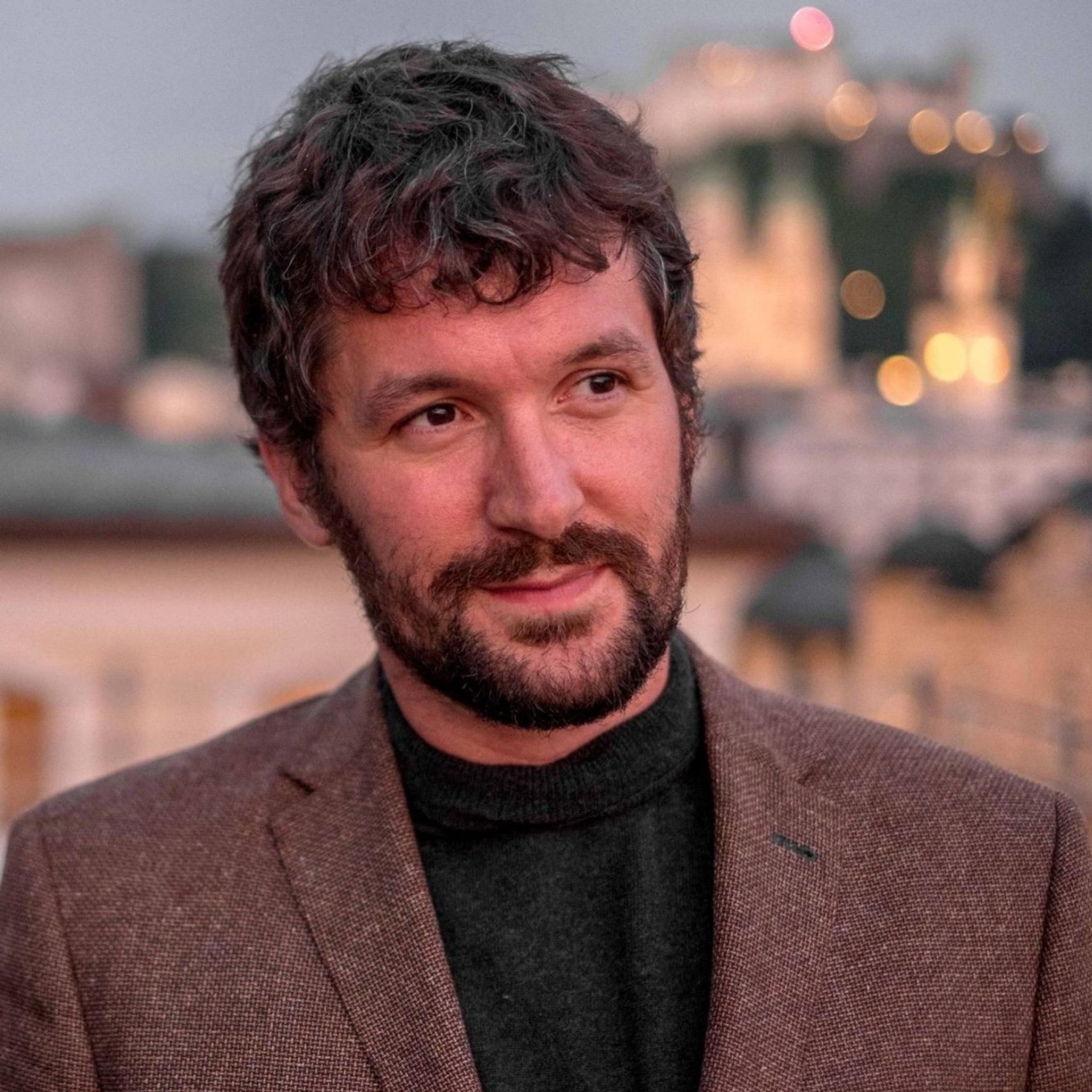This article first appeared on my in 2020 abandoned website leaving-the-comfort.zone.
There are people dedicating their travels or even their life to walking the Camino de Santiago. I was one of them. For years I used most of my vacations to go to Santiago de Compostela. At the age of 26, I have already spent a year of my life on the way. I met people who live on the way and learned to survive detached from a place they call home. But what is the fascination with walking? What happens if you just set one foot in front of the other for a while?
The reasons to set out on a pilgrimage are many. There is hope for change and answers, challenge, adventure, freedom, and more. For most people though it turns out to be different from what they expected. It is another way of life. A life, hard to imagine without experiencing it. What they find is often different from what they thought they were searching for.
I first heard about the Camino Santiago a month before departure. It was not as popular back then. My best friend at that time told me about it and asked if I want to come. I thought of the journey like the other trips we took around Europe together. Crazy adventurous and a little naive at that young age. I just finished high school and canceled my graduation trip to be able to go.
My friend didn’t join me in the end which was the best thing that could have happened. Not because it wouldn’t have been nice to walk together, but because of the importance of being alone. There is no one to blame, no whining when there is no one around. I like to think of it as of children falling down. If their parents are around and care, they start crying. If no one sees them they stand up and go on.
It is hard to pity oneself if there is no one around to have pity on us. We face moments of doubt and worries, but we stand up and go on. There is no one else to be responsible, therefore we have to claim responsibility. Accepting the moment releases a certain power and happiness. I have not experienced that before because in other circumstances there was always someone else to blame. Even if it is only society, the teachers or the boss.
Also, there is a difference between being alone and being lonely. I met two Dutch ladies at the beginning and I met them again at the end. They asked me if I walked alone. I told them I started alone and they asked if I wasn’t lonely. They have not been in that situation on their way and therefore didn’t have the chance to realize that there is no loneliness in being alone. Have you ever thought of the word alone? It consists of the word “all” and “one”.
Lots of things going on in the mind the first week or two. There are space and time to think. Thinking about home and about the future. Thinking about oneself and facing reality. It can be a fight, but it finishes eventually. At some point, everyone realizes that there is nothing else to do than taking the next step. That the moment is everything there is. The place we go to is unknown, far away and the past can not be changed right now.
This truth does not only apply to the Camino Santiago, but the Camino forces us to apply it. I have not seen a single person who genuinely walked for weeks without severely changing their way of thinking. I guess it is what meditation does and that walking is a kind of a meditation. You are going to Santiago, but walking is not an occupation. In the detached context of the pilgrimage it is extreme practice of meditation and calming the mind.
The way is a life of its own. You start walking the Camino de Santiago without exactly knowing why. You get used to it and find your rhythm. You get to know people, everyone with their stories and thoughts. You bond and share touching moments from time to time. You lose people and find them again. It seems as if you have all the time and Santiago is far away in the distance. You dedicate to walking and after a while you don’t question it anymore.
For most people it seems easier, in the end, to go on walking than to stop and go home. The end comes suddenly. Santiago is a victory and then there are three or four more days to go to Finisterre, the end of the world. The moment you see the ocean it begins to dawn on you that you are going to die. As much as you stopped to question the walk you have to accept that it is over now. That there is nowhere to go.
I did not want to accept it when I reached Finisterre for the first time. I left the beach after a week of watching the waves and the sunsets. I walked for a few more weeks, headed south to Portugal, until I realized that there was nowhere to go. I took my time, walked back to Finisterre and sat at the beach for two more weeks until I felt ready to go home. Ready to start a new life.

